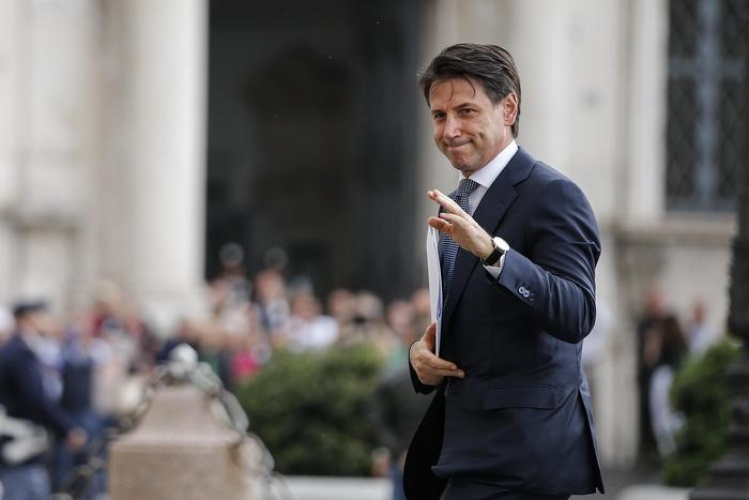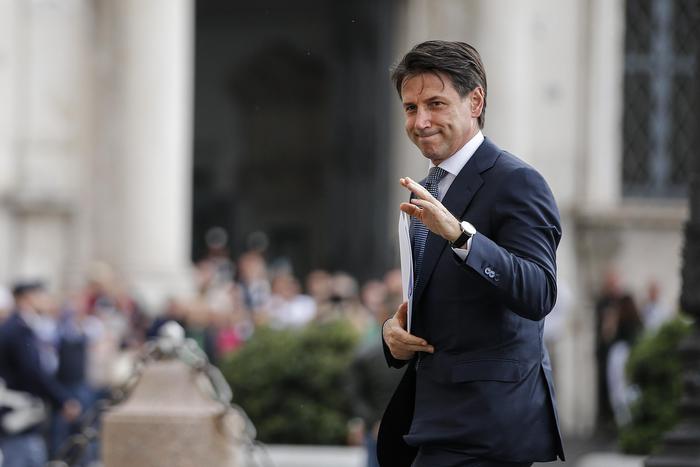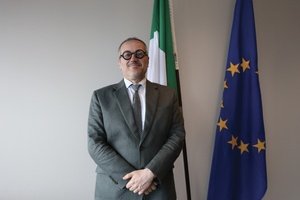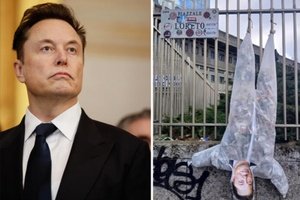Conte’s office said on Monday that the prime minister “only gave a legal opinion” when advising the investment fund in question before he was elected in 2018, in response to a report by the Financial Times.
Conte did not know the deal he’d offered advice on was linked to a Vatican-backed investment fund that is now under investigation for possible corruption, his office added.
Conte was a little-known Florence-based academic and lawyer when he was hired in May 2018 to provide legal advice in favour of Fiber 4.0, a shareholder group involved in a fight for control of Italian telecoms company Retelit, last year.
Conte has faced accusations of a conflict of interest over the Retelit deal, after issuing a decree based on Italy’s “golden powers” laws that favoured Fiber 4.0 shortly after coming to power.
“There is no conflict of interest,” Conte’s office stated.
“Conte only gave a legal opinion and was not aware of, and not required to know that, some investors were linked to an investment fund supported by the Vatican and now at the centre of an investigation.
“Of course, at that time no-one could have imagined that, a few weeks later, a government chaired by the same Conte would be called to rule on that precise issue.
“To avoid any possible conflict of interest, Prime Minister Conte formally abstained from any decision on the exercise of golden power.”
The “golden powers” allow the government to block foreign control of companies considered to be of strategic national importance.
The lead investor in Fiber 4.0 was the Athena Global Opportunities Fund, funded entirely by $200 million from the Vatican Secretariat and managed and owned by Raffaele Mincione, an Italian financier.
According to reports, the ultimate source of Mincione’s funds was never declared in the shareholder battle for control of Retelit and was unknown before Vatican police this month raided the offices of the Secretariat to seize documents and computers due to concern over a luxury London property deal it struck with Athena.
In the property deal, the Secretariat allegedly invested in a £129 million (AU$243 million) building in London’s Chelsea with money it hid from central Papal State funds in several Swiss bank accounts.
The deal has caused concern from Vatican investigators that the Secretariat may have been mishandling hundreds of millions of dollars under its control, which have been donated to the poor by Catholics around the world.
So far the Vatican’s internal probe has resulted in the suspension of five employees and the resignation of the pope’s chief of security.












